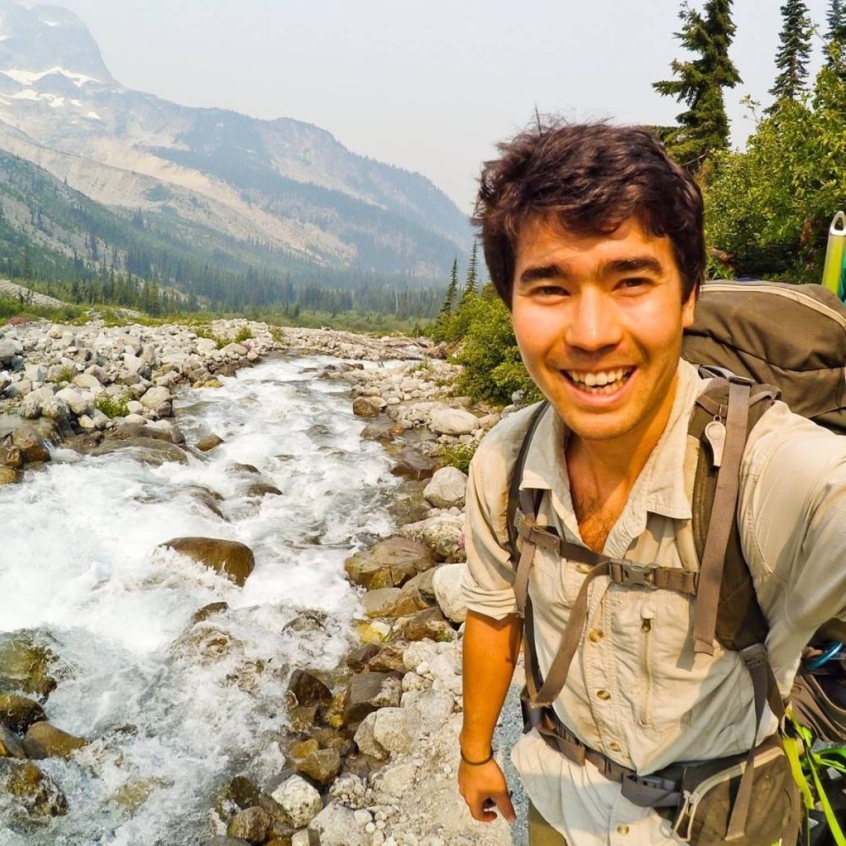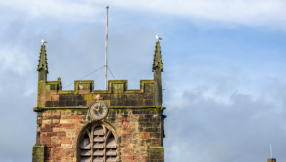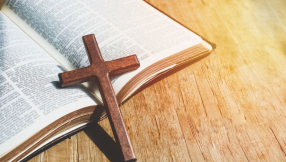It's impossible to look at a photograph of John Allen Chau, the young American killed by tribespeople on North Sentinel Island, without sadness. He is in the full glow of youth, with decades of life ahead of him. His friends and family have paid tribute to his gifts and his character: 'He was a beloved son, brother, uncle and best friend to us. To others he was a Christian missionary, a wilderness EMT [Emergency Medical Technician], an international soccer coach, and a mountaineer', they wrote on Instagram.

In a moving post, they ask for 'understanding and respect for him and us during this time'.
Their grief is palpable. But this tragedy raises questions that sadness cannot be allowed to silence.
North Sentinel Island is inhabited by a few – anything from few dozen to a few hundred – tribespeople who are among the most isolated in the world. Though rules appear to have been confusingly slackened quite recently, they are still out of bounds for tourists. The Indian government believes the best policy for the islanders is to allow them the isolation they clearly desire – they killed two fishermen in 2006 – and operates a 'hands off, eyes on' policy, patrolling the coast to deter anyone from landing. A key reason for this is the vulnerability of the tribespeople to modern diseases: their isolation means they lack the antibodies to protect them.
Initial reports of John Chau's death were contradictory, with some denying that he went to the island as a missionary. It now appears that he did. A release from the All Nations missions organisation in Kansas, US, describes him as 'one of its missionaries' who had 'studied, planned and trained rigorously since college to share the gospel with the North Sentinelese people'.
Its executive leader Mary Ho describes him as a 'gracious and sensitive ambassador of Jesus Christ who wanted others to know of God's great love for them' and says, 'We remember too, how throughout church history, the privilege of sharing the gospel has often involved great cost. We pray that John's sacrificial efforts will bear eternal fruit in due season.'
We also have his diary entries from before his death, in which he writes of his attempts to contact the islanders. A boy shot at him with an arrow that went through his Bible. He writes that he shouted out to them, 'My name is John. I love you and Jesus loves you... Here is some fish!'
He wrote to his parents: 'You guys might think I'm crazy in all this, but I think it's worth it to declare Jesus to these people.
'Please do not be angry at them or at God if I get killed. Rather, please live your lives in obedience to whatever he has called you to and I'll see you again when you pass through the veil.
'This is not a pointless thing. The eternal lives of this tribe is at hand and I can't wait to see them around the throne of God worshiping in their own language, as Revelations 7:9-10 states.'
One response, then, is to hail Chau as a martyr, as Ho appears to do in her statement. But those questions won't go away.
His landing on the island was illegal. Should his personal convictions allow him to override the rule of law?
Not only did he break the law himself – and there might certainly be cases where Christians would feel free do to that – but he implicated other people in his lawbreaking. Is that justifiable?
He was putting lives at risk – not just his own, but the North Sentinelese themselves, who lacked any immunity to any pathogens he may have been carrying. Suppose the price of his evangelism was the deaths of those he evangelised – would it really have been worth it?
He was going against their clearly expressed wishes and invading their territory. Why should he have thought they would welcome him, when others had been driven away or killed?
Who knew what he was doing, and to whom was he accountable?
How, when he didn't speak their language, was he going to witness effectively to them?
Now, there are answers to all of these questions, based on a particular theological point of view which it appears, from a clue in Chau's message to his parents, that he shared. He said: 'The eternal lives of this tribe is at hand' (sic). He appears to have meant that their eternal destiny was at stake. In other words, unless he preached the Gospel to them and they became believers, they would go to hell. With that in mind, all of the questions above are beside the point: all that matters is to save souls.
That's a view that is deeply ingrained in a particular strand of evangelicalism. It has driven superhuman evangelistic efforts and made many heroes of the faith. In his own eyes, in the terms of his theology and church culture, Chau was not behaving unreasonably. He was following, with considerable personal courage, the logic of his beliefs.
This is not the place to argue about whether this view is correct. It is right, though, to ask whether glorifying this kind of action is appropriate, even for those who share Chau's apparent beliefs.
Because even if one does believe that everyone who isn't a Christian is going to hell, that doesn't relieve a would-be missionary of the responsibility of acting ethically and wisely. We are not responsible for God's policies, but we are responsible for our own. If it turns out that this theology is correct, well, so be it – but in the meantime, we have to try the best we can to do the right thing. This doesn't mean breaking the law, trespassing on other people's lands and trying to bring them a 'gift' they do not understand and do not want. It does mean acknowledging that there are some things we can't do, and leaving the upshot to God.
There is a terrible mis-match between the world-view of a stone age tribal people and that of a 21st-century North American evangelical. The tragedy is that John Chau was evidently encouraged to believe that this didn't matter.
We should, as his family requested, respect him for his courage. But those questions still won't go away.
Follow Mark Woods on Twitter: @RevMarkWoods













